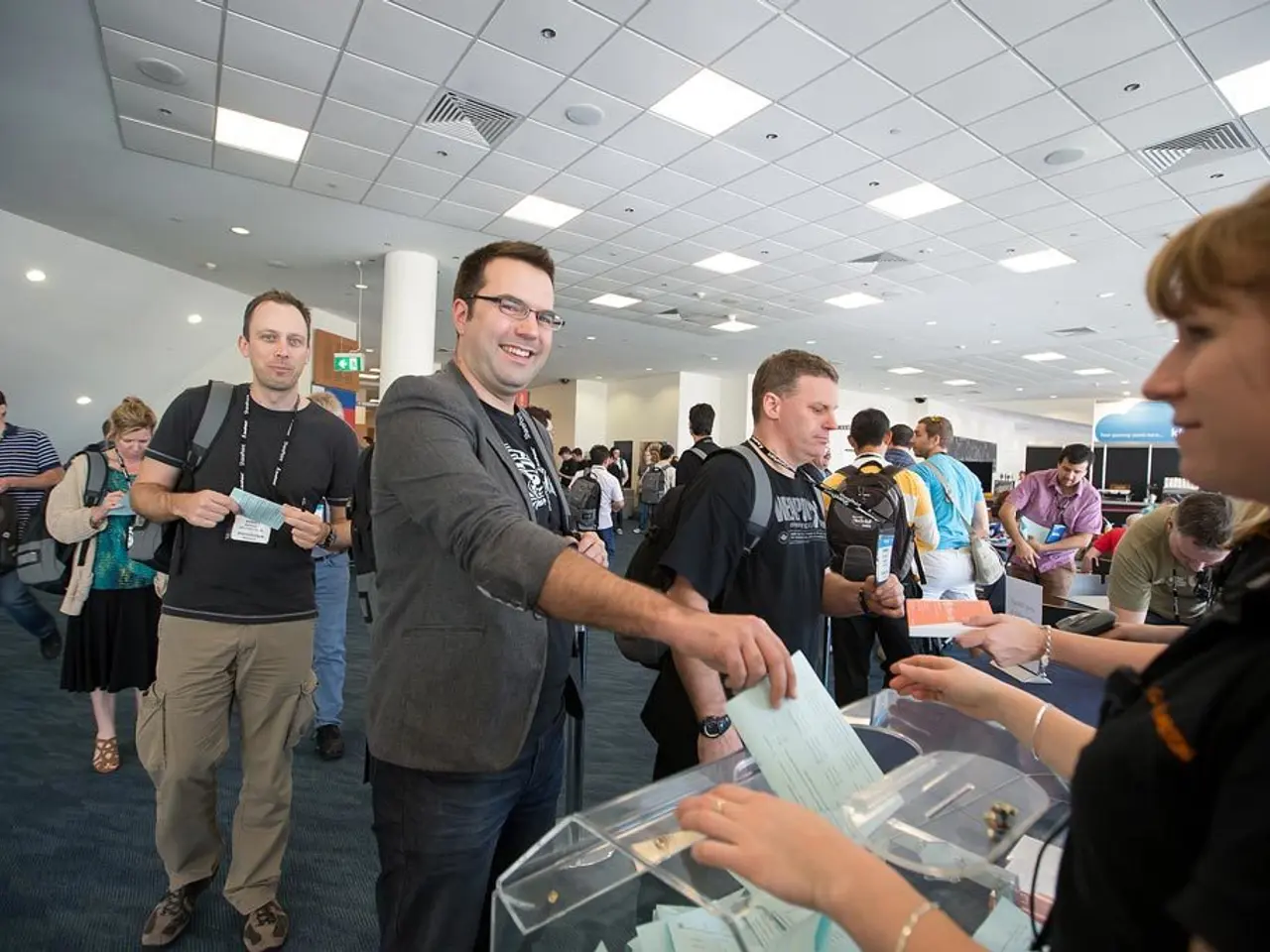Latin America's dLocal sets to purchase Africa-oriented Aza Finance for a massive $150 million
dLocal Expands into Africa with Acquisition of AZA Finance
In a strategic move to tap into Africa's rapidly growing digital payments market, Latin American payments giant dLocal has announced the acquisition of AZA Finance, a cross-border payments platform focused on Africa. The deal, estimated to be worth approximately $150 million, is pending regulatory approval.
AZA Finance, a leading African fintech specializing in wholesale FX and remittance solutions, brings a strong presence across African markets, offering over-the-counter FX and stablecoin capabilities. This acquisition will enable dLocal to accelerate its expansion in Africa by leveraging AZA's established cross-border settlement and payment infrastructure.
The strategic rationale behind this acquisition is to gain a low-cost, scalable entry into Africa's $9 billion remittance and cross-border payments market. This move complements dLocal's existing focus on emerging markets, aiming to deepen localized infrastructure and regulatory foothold to serve UK firms and other global companies targeting African consumers.
dLocal will integrate AZA's team and technology, tapping into their 11 years of regional experience. This acquisition enhances dLocal’s remittance and foreign exchange (forex) capabilities in Africa, a region with complex and fragmented payment ecosystems.
The acquisition also diversifies revenue streams and enhances margin resilience since dLocal’s API platform enables scalable onboarding and network effects that support long-term growth. Moreover, the deal significantly expands dLocal's footprint in Africa, one of the fastest-growing markets for digital payments and remittances.
The acquisition improves dLocal's treasury operations and payouts, positioning the company to capitalize on the rapidly growing African digital payments market. Nine out of dLocal's top 10 customers are currently operating with them in Africa, making up 20% of dLocal's business.
During a statement, dLocal COO Carlos Menendez said, "We are well-positioned to offer innovative, efficient, and localised payment solutions." The deal marks dLocal's first major acquisition outside Latin America, a significant step in its global expansion strategy.
Aza founder Elizabeth Rossiello said the deal merges "Africa's largest FX trading desk" with a "massive global platform." In Nigeria, 77% of crypto users have converted local currency to stablecoins, indicating a high adoption rate of digital assets in the region. As a result, the acquisition expands dLocal's stablecoin and crypto-related services, particularly in high-adoption markets like Nigeria.
The acquisition allows dLocal to scale remittance and cross-border payment volumes, a sector expected to expand at 14% annually through 2028 in Africa. Notably, dLocal has recently secured a UK payment institution license, further solidifying its position in the global payments market.
In summary, the AZA Finance acquisition is a strategic move for geographic and service expansion, giving dLocal a foothold in a key emerging market with fast growth potential, especially in cross-border remittances and digital payments. This move rounds out its emerging market-focused business model, positioning the company for continued growth and success in the global digital payments landscape.
[References: 1, 3, 5]
- The acquisition of AZA Finance, a leading African fintech specializing in wholesale FX and remittance solutions, is expected to help dLocal invest in and expand its business into Africa, particularly in the digital payments and cross-border remittances market.
- By leveraging AZA's established cross-border settlement and payment infrastructure, dLocal aims to strengthen its position in the general-news sector by offering innovative, efficient, and locally tailored payment solutions.
- With the integration of AZA's technology and team, dLocal will significantly broaden its technology offerings, including stablecoin and crypto-related services, particularly in high-adoption markets such as Nigeria, reflecting the growing importance of technology in the lifestyle and finance sectors.




